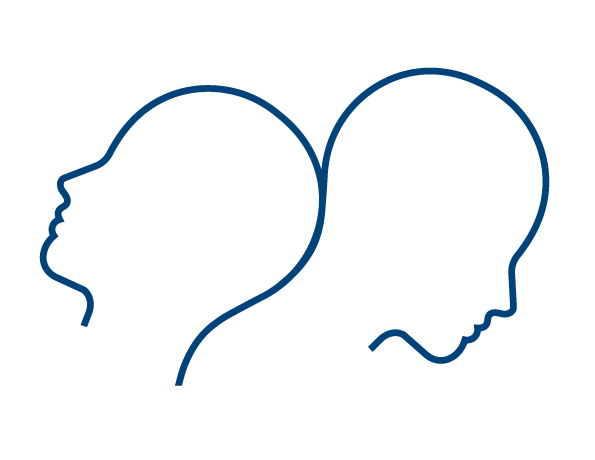16 Mar Acute COVID-19 severity and mental health morbidity trajectories in patient populations
We just published an article at the Lancet Public Health which can be found on their website.
Our aim was to assess the prevalence of adverse mental health symptoms among individuals diagnosed with COVID-19 in the general population by acute infection severity up to 16 months after diagnosis.

Participants were recruited from March 27, 2020, to Aug 13, 2021. Individuals aged 18 years or older were eligible to participate in our seven cohorts in six countries (Denmark, Estonia, Iceland, Norway, Sweden, and the UK). In a cross-sectional analysis, we contrasted symptom prevalence of depression, anxiety, COVID-19-related distress, and poor sleep quality (screened with validated mental health instruments) among individuals with and without a diagnosis of COVID-19 at entry, 0–16 months from diagnosis. In cohort analysis, we further used repeated measures to estimate the change in mental health symptoms before and after COVID-19 diagnosis.
The analytical cohort consisted of 247 249 individuals, 9979 (4.0%) of whom were diagnosed with COVID-19 during the study period. Participants diagnosed with COVID-19 presented overall with a higher prevalence of symptoms of depression and poorer sleep quality but not symptoms of anxiety or COVID-19-related distress compared with individuals without a COVID-19 diagnosis. Although the prevalence of depression and COVID-19-related distress attenuated with time, individuals diagnosed with COVID-19 but never bedridden due to their illness were consistently at lower risk of depression and anxiety than those not diagnosed with COVID-19, whereas patients who were bedridden for more than 7 days were persistently at higher risk of symptoms of depression and anxiety than those not diagnosed throughout the study period.
Below is an overview of the media coverage:
- News coverage at NBC news
- News coverage at Newsy
- Long-term symptoms of anxiety and depression among individuals with severe COVID-19 | University of Iceland (hi.is).
- Severe COVID-19 linked to increased risk of long-term anxiety and depression | Karolinska Institutet
- News coverage at the Icelandic National Broadcasting Service.
- News coverage at Morgunblaðið (e. the morning paper).
- Ratio interview at the Icelandic National Broadcasting Sevice ratio station (in Icelandic – minute 01:22:00)
- Ratio interview at Bylgjan – Icelandic ratio station

